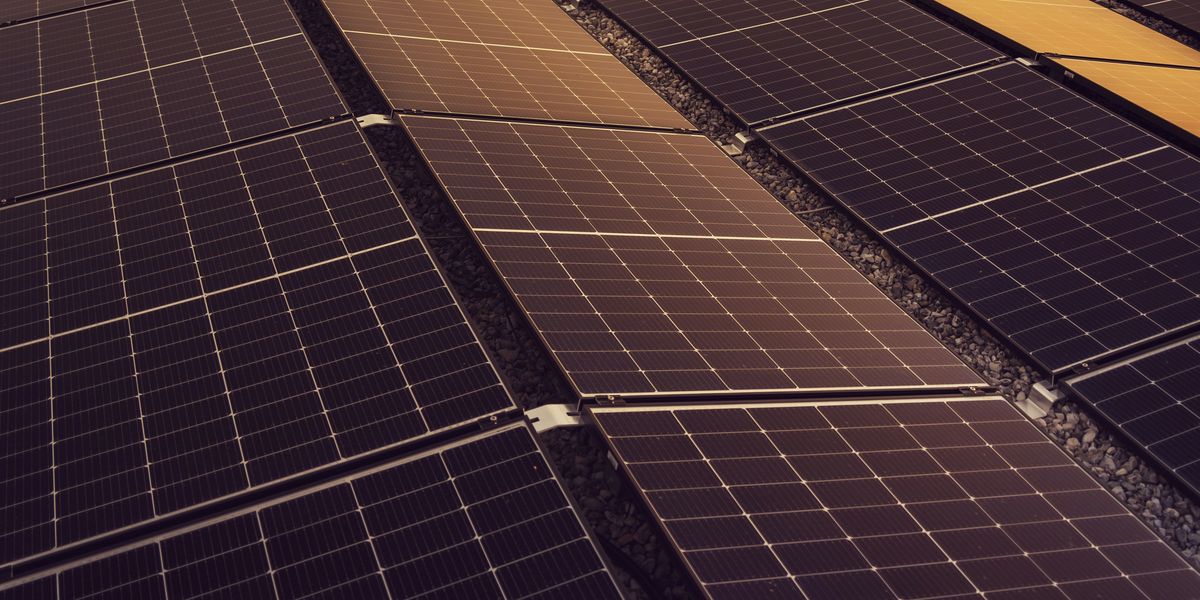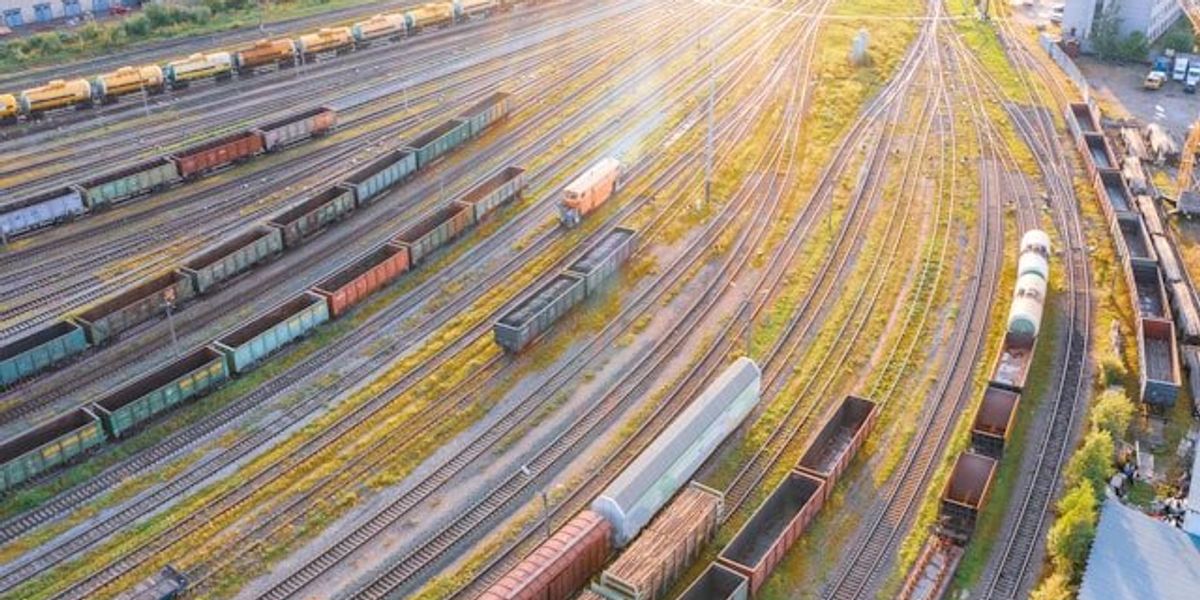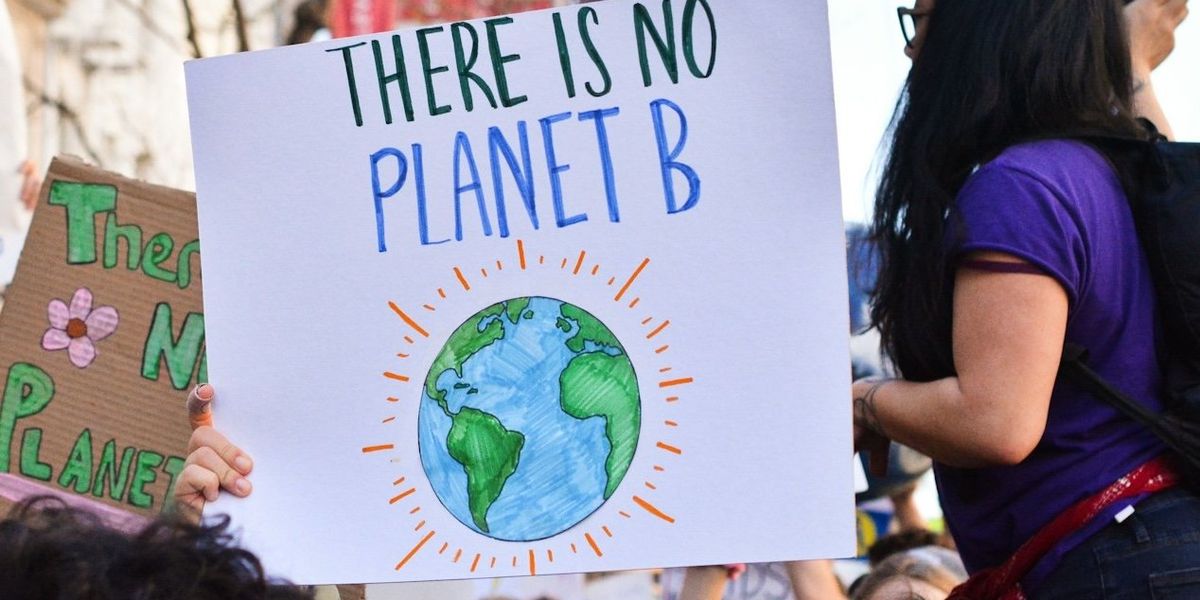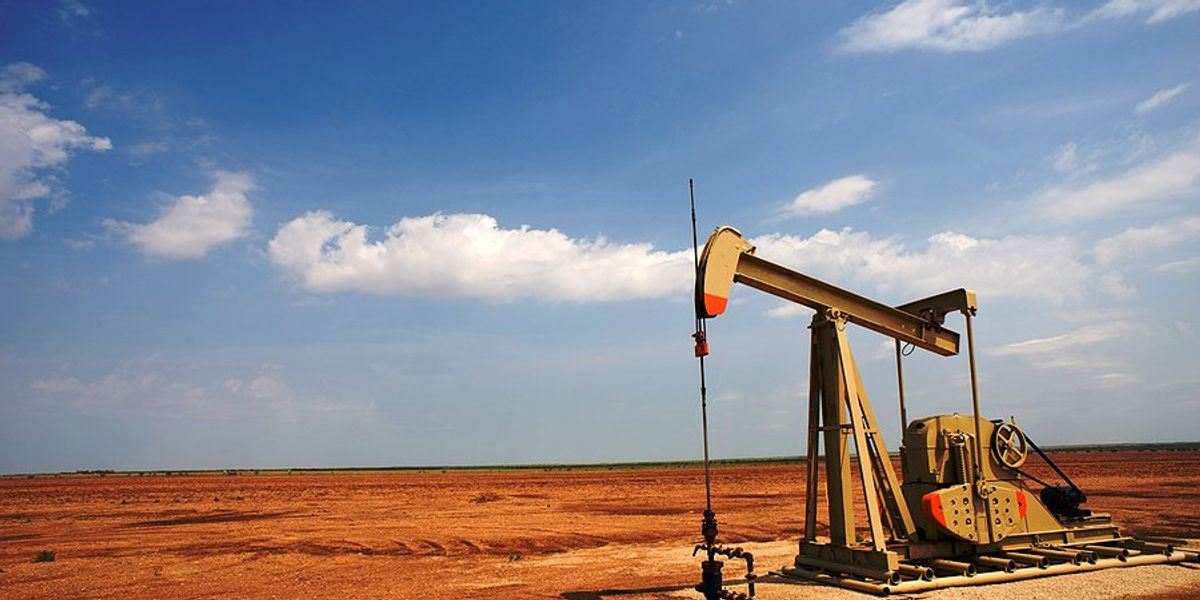Clean energy jobs put Arizona Republican at odds with GOP plan to gut climate law
An Arizona congressman faces pressure from both Trump and his voters as clean energy projects flourish in his district thanks to a law the GOP wants to dismantle.
James Bikales reports for POLITICO.
In short:
- Rep. Juan Ciscomani (R-Ariz.) represents a swing district transformed by clean energy investments from the Inflation Reduction Act, including a rapidly growing Lucid Motors plant and a major solar expansion.
- Ciscomani has urged party leaders to preserve key tax credits but voted for a budget resolution enabling their potential repeal, as GOP leaders move to eliminate most clean energy incentives to fund a sweeping megabill.
- His political future hangs in the balance as Democrats mobilize to hold him accountable, while local officials warn that ending the credits would stall economic growth and job creation.
Key quote:
“As much as there are other aspects of the IRA we [Republicans] can disagree with, these tax credits have had an impact in my district — and on job creation, on investment, also national security, because of energy production and having wanted to bring that more domestically.”
— Juan Ciscomani, U.S. representative from Arizona
Why this matters:
The Inflation Reduction Act (IRA), passed in 2022, has funneled billions into clean energy development, especially in economically struggling areas. In Arizona’s 6th District, those investments are reshaping the region. Across rural areas, solar projects are helping control rising utility costs and stabilizing grids amid extreme heat. Many of these projects hinge on tax credits the House GOP now aims to repeal, threatening jobs, local tax bases, and energy resilience. Constituents, many of them veterans or working-class residents, risk losing new opportunities if clean energy incentives vanish. While some Republican lawmakers recognize the benefits and seek a middle ground, party pressure to dismantle the IRA — branded a “Green New Scam” by Trump — puts them in a bind.
Read more: Republican divide over green energy tax credits could shake up party megabill













